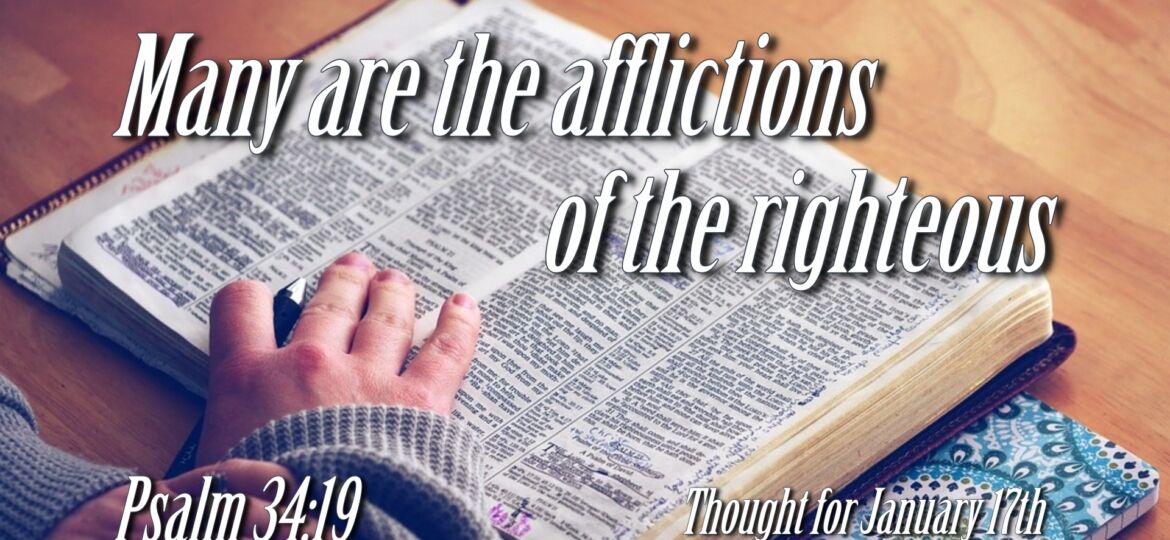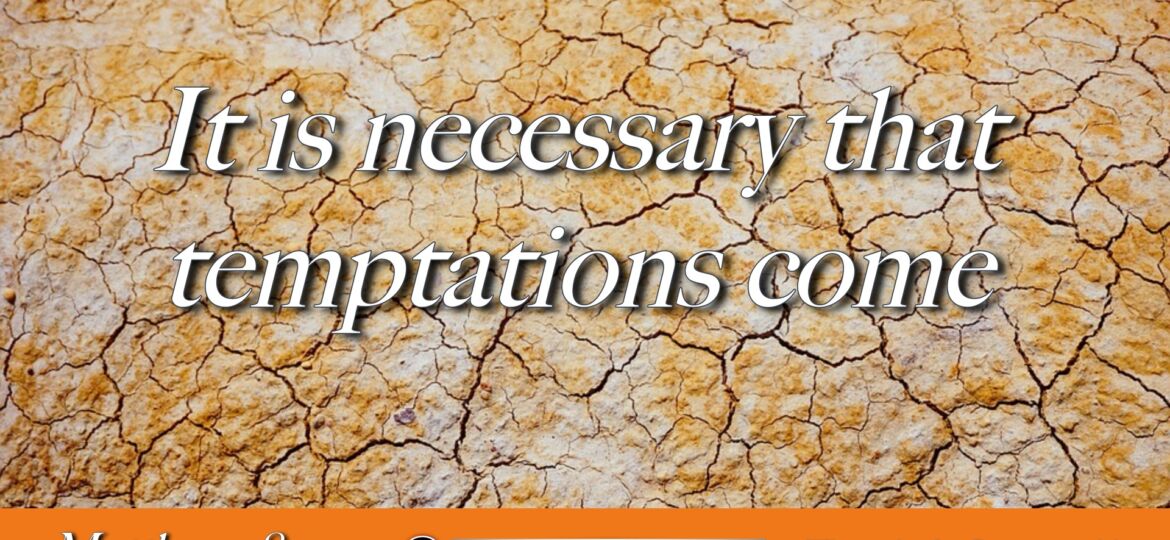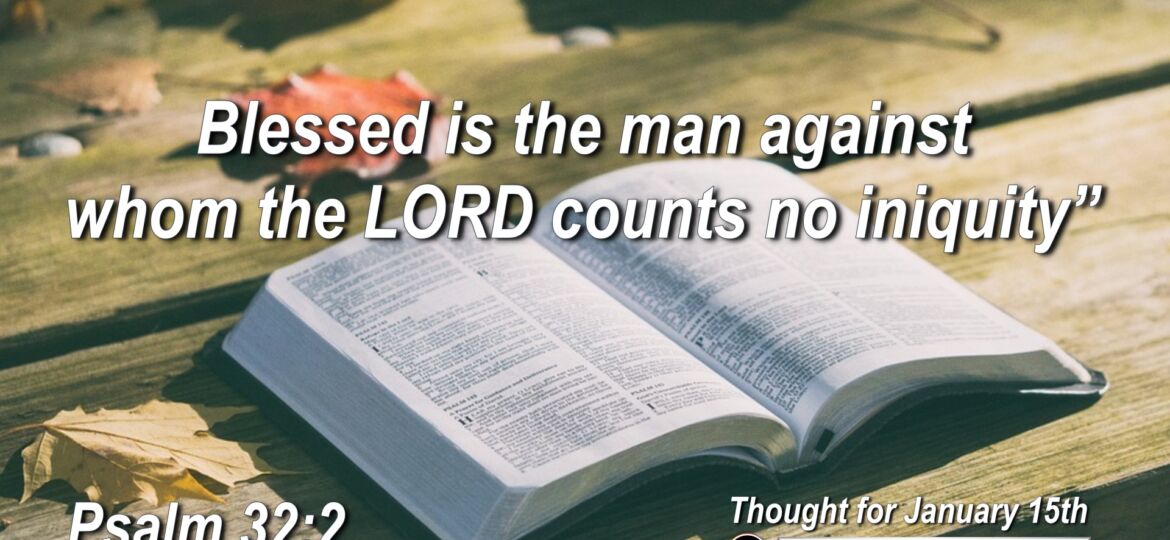Today’s Psalm 42 has this particularly challenging verse, “My soul thirsts for God, for the living God. When shall I come and appear before God?” [v.2] We linked this verse in with the two parables we read today in Matthew Ch. 25. There is first a parable of 10 virgins waiting for the bridegroom to arrive, but half of them are foolish and do not bring enough oil (of faith?) and the door is shut on them and they are left outside (v.1-10)
The second somewhat parallel parable is of servants who are entrusted with portions of their Master’s property while he is away. When he returns they are called to appear before him. Those who have been conscientious are naturally ready when their Master re-appears, they have been thirsting for him to come. These receive commendation and are told “Enter into the joy of your Master [v.23]. Their thirsty soul was satisfied.
However, there is a servant who is described as “slothful” [v.26] who is barred from entry and the point is made by Jesus, “To everyone who has will more be given and he will have an abundance. But from the one who has not, even what he has will be taken away.”[v.29]
We now look again at Psalm 42 where we read another important question – and the answer to it! “Why are you cast down, O my soul, why are you in turmoil within me? Hope in God; for I shall again praise him …” [v.5]. This thought leads to the Psalmist’s recognition that “by day the LORD commands his steadfast love, and at night his song is with me, a prayer to the God of my life.” [v.8] The Psalmist learnt that the Lord will quench our thirst now if we truly drink from his word every day. We will have ample oil in our lamps and will be ready to appear before him with joy. This world is “a dry and weary land where there is no water” [Psalm 63 v.1] except for “the water of life” [Rev. 21 v.6] that is only to be found, here and now, in God’s word.
[embedyt] https://www.youtube.com/watch?v=vo_alE8UCng[/embedyt]










